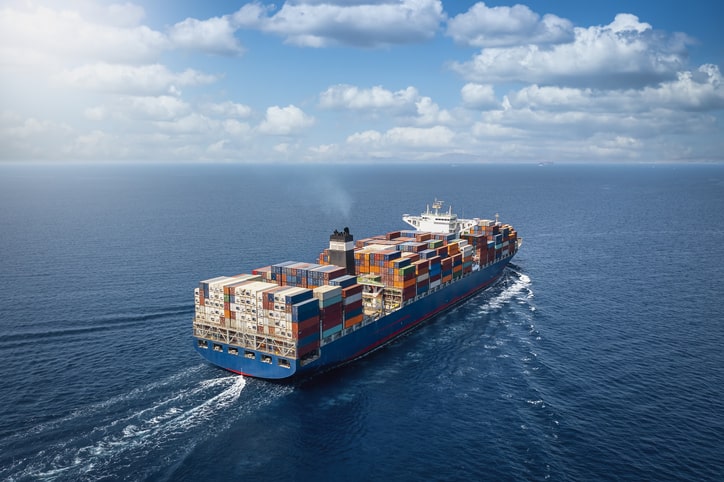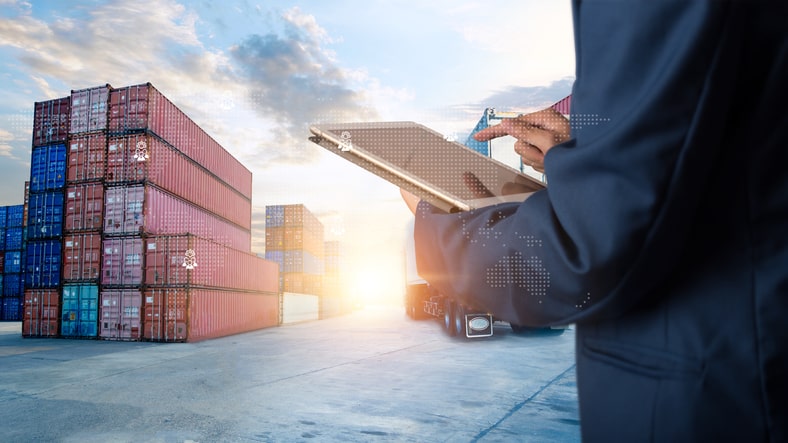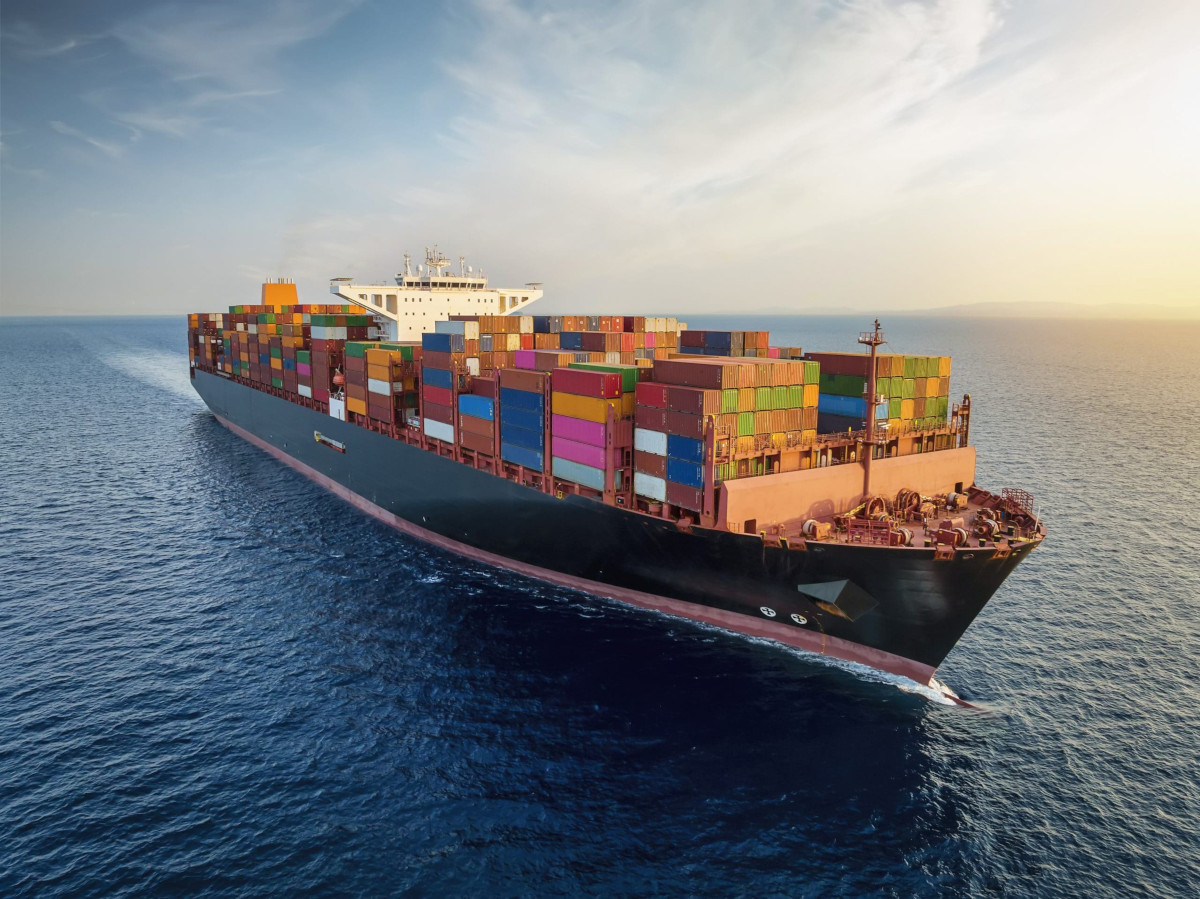International Vitamin Corp. allegedly violated the False Claims Act by misclassifying imports from China as “duty free.”
International Vitamin Corp., a producer of store-brand vitamins and supplements, has agreed to pay $22.8 million to resolve allegations it violated the False Claims Act by knowingly evading customs duties on imports from China.
According to the U.S. Department of Justice, IVC misclassified imports of raw ingredients and bulk vitamins as duty free when, in fact, those goods were subject to substantial customs duties.
A former IVC financial analyst blew the whistle on IVC’s import-duty evasion by filing a qui tam lawsuit under the False Claims Act. He received a $4.5 million whistleblower award from the settlement, which was reached by the U.S. government after it intervened in the qui tam case.
Use of Erroneous HTS Classifications
California-headquartered IVC manufactures store-brand products for well-known retailers including Walmart, Walgreens, GNC, Sam’s Club and Costco. It imports raw ingredients and bulk vitamins and supplements from China.
Under its settlement with the Justice Department, IVC admitted to knowingly providing its customs broker with erroneous tariff classification information. Specifically, the company falsely claimed that certain of its imports were properly classified under duty-free U.S. Harmonized Tariff Schedule headings, when, in fact, they fell under headings that were dutiable.
The erroneous HTS classifications were used by the broker in IVC’s customs entry documents, resulting in millions of dollars in unpaid duties.
IVC continued to use the erroneous HTS classifications even after being clearly informed they were wrong, the government alleged.
Specifically, an outside consulting firm IVC hired to review its customs-entry practices told it that the HTS classifications it was declaring for more than a hundred products were inaccurate. IVC nevertheless allegedly did not notify CBP of the inaccuracies or pay the duties owed on its past shipments, as required. Nor, allegedly, did IVC immediately change its practices to start declaring the correct HTS classifications.
Instead, IVC management suppressed the consultant’s findings, with one executive allegedly advising staff to keep the consultant’s report “on the DL” and another urging that it be “destroy[ed],” according to the government’s False Claims Act complaint.
Import Duty Evasion and the False Claims Act
Importers are obligated to use reasonable care to ensure that the prices, HTS classifications, countries-of-origin, and other information they declare on their CBP Form 7501 Entry Summaries are true and accurate to the best of their knowledge. They are also have a continuing obligation to “immediately” provide CBP with any subsequently obtained information which contradicts prior customs declarations. IVC violated these requirements, the government alleged.
Fraudulently evading customs duties is a serious offense and violates the False Claims Act, which imposes substantial liabilities on parties that knowingly underpay or overcharge the U.S. government or its agencies. Under the statute’s qui tam provisions, private parties known as whistleblowers or relators are entitled to sue violators on the government’s behalf and share in the proceeds. False Claims Act whistleblowers generally receive 15-30% of the recovery as a reward.
Import tariffs and duties are a significant source of revenue for the U.S. government—second only to individual and corporate income taxes. Cracking down on customs fraud is therefore a priority of the Justice Department.
The U.S. government relies on importers to correctly declare their imports and accurately report and pay the duties they owe. With limited resources, CPB is only able to inspect only a small percentage of customs entries. The self-reporting nature of the customs entry process thus provides ample opportunity for fraud.
In addition to misclassifying goods under the HTS, importers evade duties by undervaluing their imports, falsifying the country of origin, or otherwise supplying CBP with inaccurate information.
Customs fraud not only cheats the American taxpayer but constitutes unfair competition against law-abiding importers. It is thought to be rampant, particularly with respect to goods manufactured in China. Under Section 301, the U.S. government has imposed additional tariffs of up to 25% on a wide range of Chinese-manufactured goods. Many importers circumvent those tariffs unlawfully.
Customs fraud whistleblowers—who frequently are employees of importers, working in sourcing, logistics, procurement, or finance—need not be United States citizens or even live in the United States.
Fraud is their game.
Integrity is yours.
Speak with a Customs Fraud Whistleblower Attorney
If you have knowledge of customs fraud, it is important to speak to an attorney who is experienced in handling these matters. Contact customs fraud whistleblower attorney Mark A. Strauss for a free consultation. All communications are confidential and subject to the attorney-client privilege.
While fighting customs fraud is a priority of the Justice Department, whistleblowers need to file qui tam lawsuits to be eligible for a False Claims Act whistleblower award. Reporting the fraud through an agency hotline is not sufficient.





